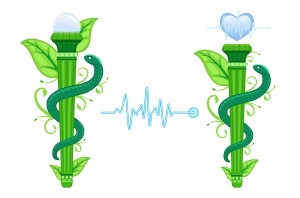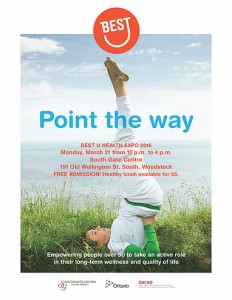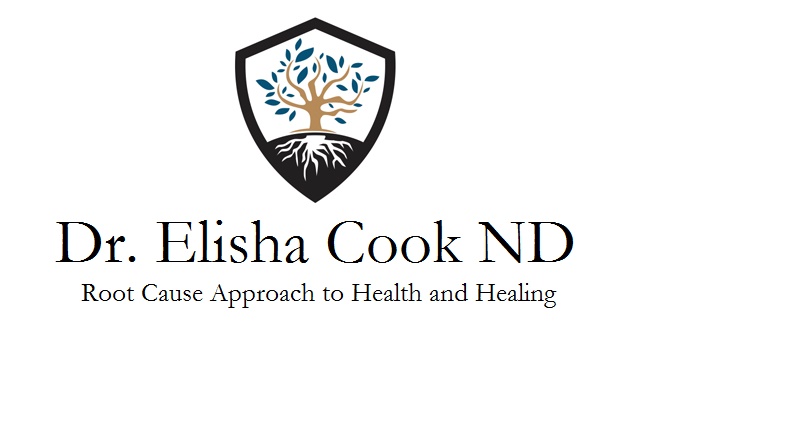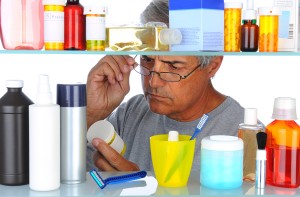 Throughout my training and practice of Naturopathic Medicine, I have encountered many people who were surprised to find that Naturopathic Doctors (NDs) not only used a Stethoscope, but were also trained to diagnose different conditions. As a result, I wanted to clear the air on how Naturopathic doctors are trained, and how they might compare to other health care providers.
Throughout my training and practice of Naturopathic Medicine, I have encountered many people who were surprised to find that Naturopathic Doctors (NDs) not only used a Stethoscope, but were also trained to diagnose different conditions. As a result, I wanted to clear the air on how Naturopathic doctors are trained, and how they might compare to other health care providers.
Requirements to be a Naturopathic Doctor
In order to enter Post graduate training to become a naturopathic doctor, one needs to have graduated from a three to four year university program. Typically, it is required to have had pre – medical sciences in that training, with specific courses in biology, chemistry, organic chemistry, psychology, and biochemistry. With these requirements being met, and an application being received and reviewed, an individual may receive an interview from the college. This interview involves questioning about ethical dilemmas and reasons for wanting to enter the program.
As long as the individual is accepted into the program, they will then begin their four year training. Once the training is complete, which includes 4,500 hours of classroom training and 1,500 hours of clinical experience, the individual is then required to pass NPLEX board exams.
Once license is obtained, the individual will be able to retain this licence with appropriate continuing medical education training on a regular basis.
Below is a chart distributed through the AANMC, which compares the hours of training between various health care professions. As one can see, MDs and NDs have very similar amounts of training as health care providers.

Source: http://aanmc.org/schools/comparing_nd_md_curricula/
Training of Naturopathic Doctors
In the naturopathic specific education, individuals are trained in basic sciences, clinical disciplines (including diagnostics, radiology, laboratory diagnosis, and naturopathic assessment), naturopathic disciplines (including clinical nutrition, botanical medicine, traditional Chinese medicine and acupuncture, homeopathic medicine, hydrotherapy, naturopathic manipulation, and lifestyle counselling), and clinical experience (including treating patients under the supervision of a registered naturopathic doctor).
What all of this means is that Naturopathic Doctors are trained to diagnose different medical conditions, similar to what your medical doctor might diagnose. NDs are also able to read and interpret lab work, similar to your medical doctor. That being said, you could say that NDs are highly skilled and trained health care providers. Below I have provided a chart that was distributed by the AANMC, which compares the training of Naturopathic Doctors versus Medical Doctors and how they may differ.

Source: http://aanmc.org/schools/comparing_nd_md_curricula/
Another difference in training between MDs and NDs is in regards to residency. Both professions have 4 years of training, but in regards to the residency, It is mandatory for MDs but not for NDs due to the lack of available residencies available for NDs. In addition, NDs and MDs are trained to treat and look at patient cases differently. That being said, this blog is not meant to prove that NDs are equal or superior to MDs, but to provide more information as to what your ND is qualified to do. With the training that a naturopathic doctor is given, they are able to help you with all of your primary care needs, and are able to distinguish when referral to your MD or other health care providers may be necessary (for example when you might need antibiotics). The primary health care needs may include treatment of such conditions and symptoms as fatigue, high blood pressure, depression, diabetes, asthma, allergies, anxiety, pain, constipation, inflammatory bowel disease, bloating, indigestion, menstrual problems, acne, psoriasis, arthritis, and the list goes on. If you have any more questions about what your Naturopathic Doctor can do for you please do not hesitate to contact me (Elisha Cook) through the contact portion of this website.
Have you benefitted from reading this blog? Know someone that would benefit as well? Share, Like, Comment, or Tweet this article, and let me know what you think.
Some of the information provided above may not be appropriate for everyone, please consult with your doctor before trying any of the above. If you are interested in Naturopathic Medicine and wanting a different approach to your health care needs, please contact Elisha Cook for more information.
Source: http://aanmc.org/schools/comparing_nd_md_curricula/







